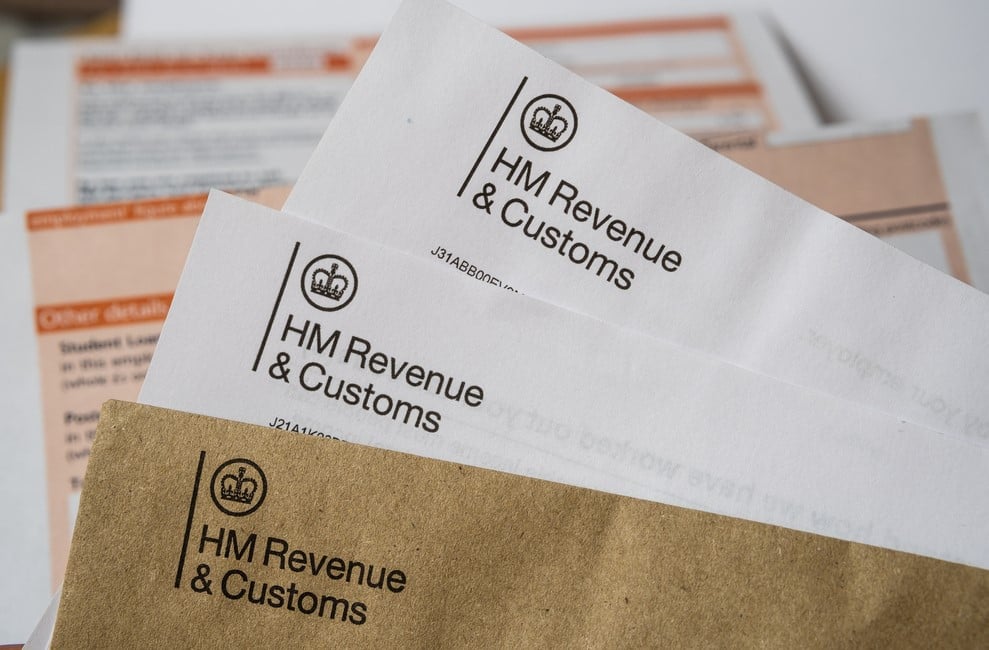Obtaining a letter from HM Revenue & Customs can often propagate waves of anxiety throughout anyone’s day. Usually, these letters come in various forms, but one type that might land in your mailbox is the termed “nudge letter.” Formulated to prompt or prompt taxpayers about their fiscal responsibilities, specifically pertaining to undeclared income, grasping your HMRC nudge letter is vital to ensure that you’re satisfying your tax obligations effectively.
What exactly is an HMRC Nudge Letter?
A nudge letter from HMRC is fundamentally a preventive measure rather than an accusatory one. These letters are part of HMRC’s approach to motivate taxpayers to willingly rectify any discrepancies in their tax reports, particularly focusing on overseas income that might not have been fully declared. Unlike formal audit letters, a nudge letter is not indicative there is an continuing investigation into your tax affairs. Instead, it functions as a tender reminder that HMRC has data implying there could be undeclared income.

What’s the reason Did You Receive This?
Should you’ve found one letters in your post, it’s probably because HMRC has obtained data that potentially contradicts with the information you’ve provided, or indicates there might be additional sources of income that need to be accounted for. Common reasons for issuing a nudge letter include inconsistencies observed in the data reported by international tax authorities or financial institutions about overseas income.
Decoding the Message
The main content of a nudge letter generally includes a reminder about the importance of reporting all necessary incomes; a reminder that errors should be fixed; and occasionally, connections to guides on how to proceed with disclosing undisclosed income. It is crucial to review the information stated about the alleged undisclosed income carefully and determine whether it applies to your case.
Next Actions: What exactly Ought to You Perform?
Upon receiving a prompt notice, taking active steps is vital:
Review your Tax Documents: Double-check your previous returns to ensure all income streams were reported correctly. Pay special attention to any overseas income.
Consult a Tax Advisor: If there is any uncertainty about how to proceed or if amendments are, consulting with a taxation expert can provide clarity and advice.
Reply Promptly: Follow any directions provided in the letter regarding due dates for response. Engaging cooperatively with HMRC could frequently prevent further complications or inquiries.
Correct All Mistakes: If you uncover errors or missing facts, choose quick moves to remedy it. This typically entails submitting revised returns and working together fully with HMRC.
Prevention is Better Than Cure
To sidestep subsequent HMRC nudge letters, preserving detailed and accurate records of all domestic and international income is advisable. Regularly updating tax filings and making sure total transparency can help circumvent the strain associated with such checks from the tax authorities.
Moving through tax matters can sometimes appear intimidating, particularly if it includes intricacies such as income from abroad. However, understanding why you obtained an tax authority nudge letter and understanding how to reply effectively can not only help in solving potential issues quickly but also reinforce your commitment to careful financial conformity. Keep in mind, the tax authority employs these letters to assist taxpayers in keeping on top rather than penalizing them unexpectedly.
More information about HMRC letter go to this popular web site
